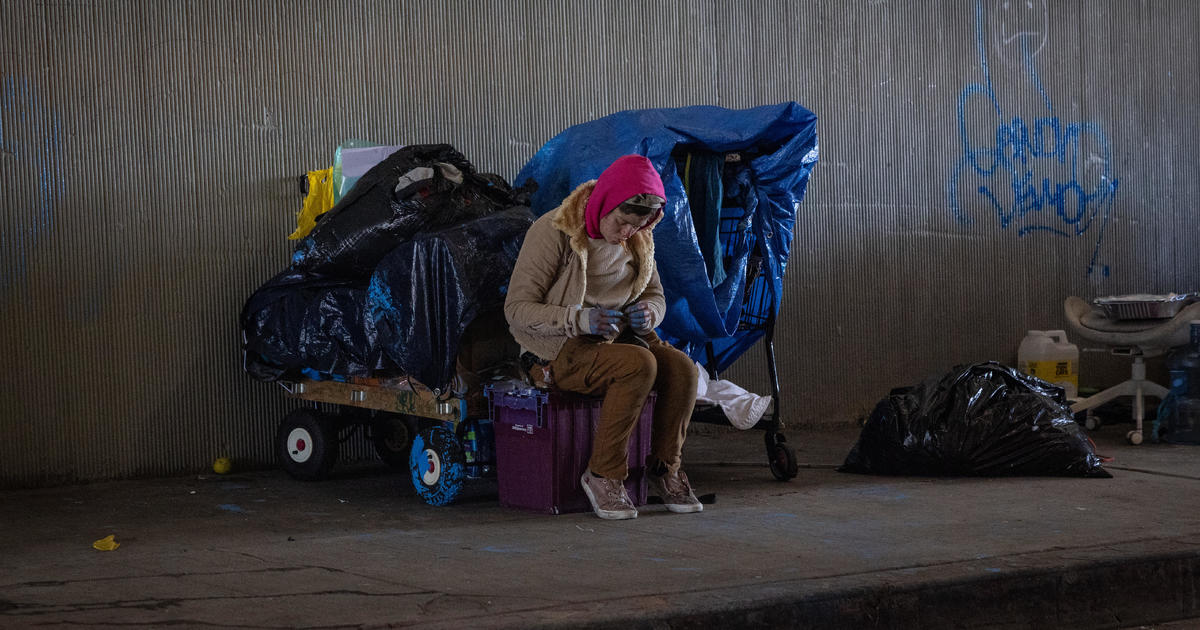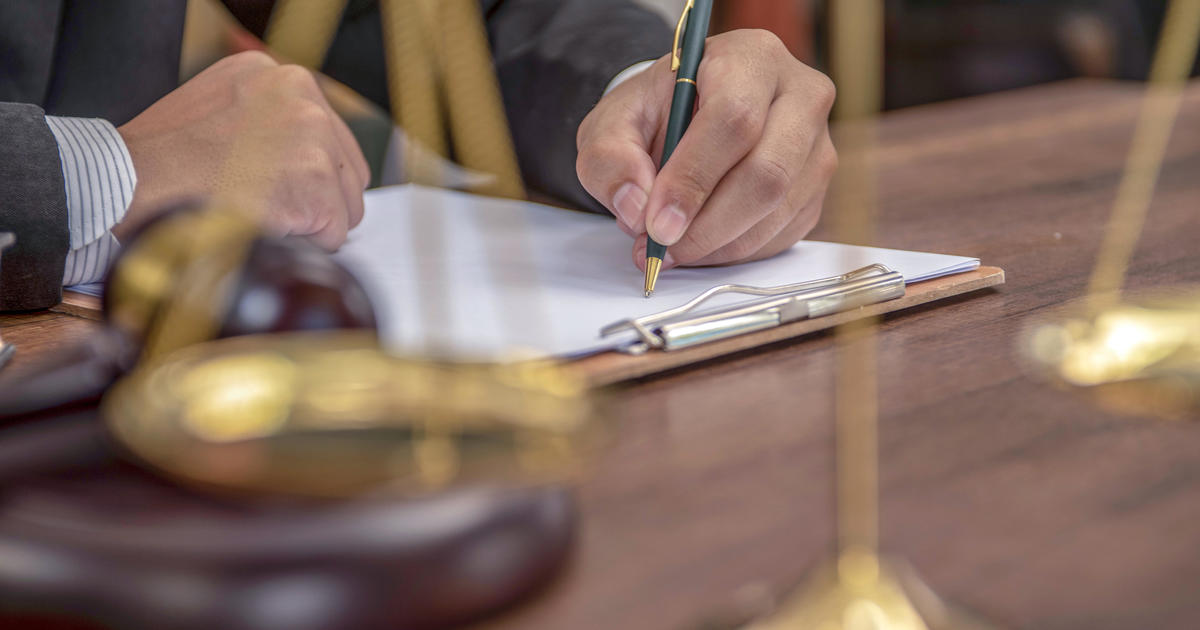FBI Responding To Growing Number Of Online Stalking Complaints
LOS ANGELES (CBS) — The communication in many peoples' relationships is now taking place on social media sites, which is posing new challenges for how we behave online and regulate privacy.
A disturbing new trend is online stalking. It is such a big problem now that the FBI has expanded their cyber crimes unit.
CBS2's Louisa Hodge spoke to a stalking victim and looked at what's being done to fight this type of crime.
"I was afraid when I was at my home, in the shower, at all times that he was watching," the victim said.
The woman who spoke to CBS2 was too scared to show her face on camera. Fear has been an integral part of this woman's life for five years -- ever since an ex-boyfriend used a false identity to gain access to her social networking site and began harassing her.
"He would threaten that he knew where I was," said the woman, who was always looking over her shoulder.
She didn't think she had enough to file a police report, however, because he never threatened her life.
"The thing that scared me the most was how he was threatening to spread rumors, what kind of rumors, rumors about him and I, that I was pregnant, I had slept with a whole bunch of people and things that he knew would hurt my reputation," the victim said.
This kind of story is not uncommon. Cases involving internet harassment are on the rise.
"The FBI has more agents that work cyber crime and hires more agents now that are trained in computer forensics," according to Laura Eimiller of the FBI.
Some of the biggest cases are from Southern California.
In 2009, Luis Mijangos, of Santa Ana, used malicious software to hack into dozens of teenage girls' computers. He was able to eavesdrop on private conversations by gaining control of computer microphones. He also took over their webcams to grab nude pictures of his victims. He would threaten to tell their parents and others if the girls didn't send him more compromising pictures.
There was also the case of Michael David Barrett, who stalked ESPN reporter Erin Andrews. He photographed her through peepholes of different hotel room doors and then posted those nude pictures online.
"So many individuals accessed the photos, these were nude photos and caused great emotional distress to the victim," Eimiller said.
That was followed by the infamous Hollywood Hacker. In a case coined as "Operation Hackerazzi", Christopher Chaney was arrested after he spread nude pictures of Scarlett Johansson across the internet. He figured out her email password, along with other celebrities like Christina Aguilera and Mila Kunis, and gained access to personal information. He did this by simply reading up on these celebrities and guessing their passwords.
But authorities aim to use these celebrities and very public cases of internet harassment to help everyone better understand how to protect themselves. They say it's an issue that expands far beyond celebrities and far beyond Hollywood -- especially when the internet gives everyone such public exposure.
"If you're going to have a password, make sure it's something that is difficult to figure out, don't use the name of your pet, don't use the name of your child," Eimiller recommended.
According to the Pew Research Center, an alarming 47 percent of young women actually share their password with their friends or boyfriends.
"They're kind of using it as a way to measure the closeness of their relationship, like I'll share my password with you if you share yours with me," said Marjorie Gilbert. She's the executive director of Break The Cycle, the leading national organization addressing dating abuse for teens and adults.
Gilbert said when it comes to internet stalking the laws fall into a grey area.
"The latest research shows that young people are talking to adults mostly when they're dealing with crisis around the internet or harassment online," said Gilbert, adding, "Unfortunately, a lot of adults don't really know what to tell the young person to do. And there aren't really good laws yet in place to help protect young people who are experiencing that kind of situation."
"I have to tell my friends not to tag my face," said the woman who spoke to CBS2 earlier.
To protect herself, this victim no longer has a Facebook account, doesn't use her actual phone number, and constantly changes all her passwords and usernames. She says the worst part is feeling like she couldn't tell anyone and that she was dealing with the problem alone.
"I felt like that's not right, you shouldn't feel like in fear of somebody or feel like they have more control over you as far as your own privacy," the woman said.
Privacy -- it's a word that seems more difficult to define as the internet and social media networks continue to thrive.



